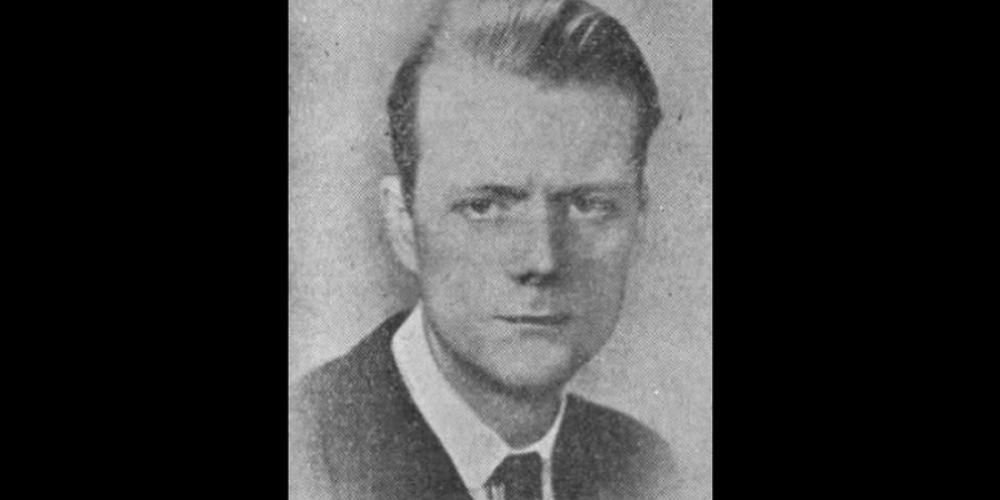
In cooperation with vzw Helden van het verzet (Heroes of the Resistance), the Vrije Universiteit Brussel has established a new research chair, Traces of the Resistance. The four-year chair, led by professor of contemporary history Nel De Mûelenaere, will coordinate research on the Belgian resistance during World War Two and will share its findings with the public through a range of initiatives. The partners intend to shine new light on the history of the resistance movement in Flanders, Brussels and Wallonia.
The official presentation of the chair is planned for later this spring. Academic coordinator Nel De Mûelenaere, professor of contemporary history attached to the Faculty of Arts and Philosophy at the VUB, is ready to begin work:
“As academic coordinator of the new chair, I want to create, in collaboration with other universities including ULB, a platform for research into resistance during the Second World War. The topic fascinates and inspires me. 150,000 of our civilians resisted a life-threatening, authoritarian regime. 40,000 of them were arrested and 15,000 did not survive. Why did they make that courageous choice? How did they organise in those difficult circumstances? These diverse, complex stories of Flemish, Brussels and Walloon resistance members deserve to be told and handed down to future generations.”
As well as providing new, cutting-edge research on the subject, the chair will share the scientific findings with the public through social media, podcasts and lectures. Vzw Helden van het verzet, a non-profit organisation that wants every person in Belgium to know a resistance hero by 2030, is an important partner in the initiative.
“We want to actively involve the general public in the research,” explains historian Dany Neudt, who is affiliated with Helden van het verzet and responsible for the public-historical component of the chair. “In our first project on the farewell letters of executed members of the resistance, people will transcribe archive documents on a digital platform and the letters will be made available to the public via an interactive digital map. Hopefully, this will be the beginning of a true digital resistance museum.”
The initiative aligns perfectly with the VUB’s values and mission, not least because the university’s history is strongly intertwined with that of the Belgian resistance.
“In 1941, our parent university ULB was the only university in Belgium to close in protest against German interference,” says Pieter Ballon, vice-rector for Research at the VUB, who co-sponsors the chair. “A large proportion of students and professors offered clandestine resistance to the occupying forces and they paid a high price for it. Every year, our students honour the fallen members of the resistance during St-V. However, the stories behind the commemorated names are little known. This is partly due to a lack of attention to resistance history in Flanders. Fortunately, this now seems to be changing. We are seeing a surge of enthusiasm on the subject. Yes, there was collaboration during World War Two, but the history of the Fleming and the Brusseler is equally one of rebellion and resistance.”
Helden van het verzet and the VUB will each allocate an annual sum of €50,000 to fund the chair for the duration of the research. Public and private partners are also being sought to provide funding.